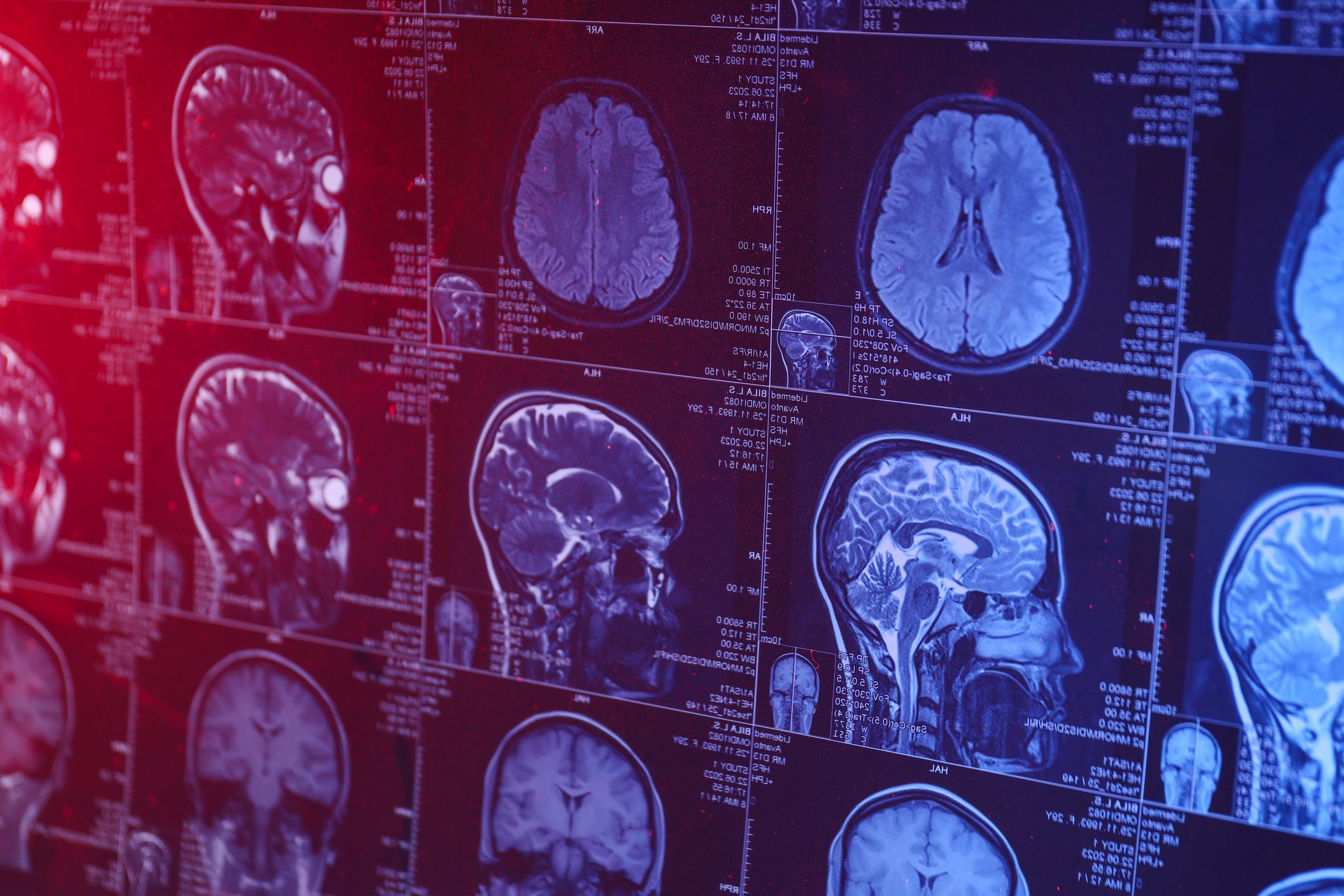A neuroscientist identifies four mistakes to avoid to get rid of brain fog or forgetfulness and have a brain that functions well.

- Brain fog is characterized by difficulty concentrating, forgetfulness, and a feeling of intellectual fatigue.
- Neuroscientist offers tips for clearing brain fog.
- Tensions, screen use one hour before bedtime and excessive glucose consumption should be avoided. Practicing meditation can also prevent mental fatigue.
Do you have trouble getting organized or concentrating first thing in the morning? It could be brain fog. And it’s very unpleasant to have your day disrupted by lack of concentration and repeated forgetfulness. Dr. Tara Swart Bieber, neuroscientist and lecturer at MIT Sloan (Cambridge, USA), shared on the website CBS four mistakes to avoid to keep your brain and memory in top shape.
To be tense
The American expert explains: “Even if you think you’re relaxed, your body may be physically tense (e.g., stiff neck, back or shoulder pain). This can be the result of stress caused by things like unfinished tasks or looming deadlines.”
In this case, Dr. Tara Swart Bieber recommends this breathing exercise:
- Inhale through your nose for a slow count of four.
- Hold your breath for four seconds.
- Exhale through your nose, releasing all the air from your lungs, counting gently again to four seconds.
- Hold your breath for four seconds.
- Repeat this at least four times.
In fact, many studies have shown that breathing can help reduce stress.
Watch screens an hour before bed
Watching TV episodes, scrolling through Instagram, watching TV, or checking emails on your phone… it’s easy to get addicted to screens in the evening. However, these activities, along with the blue light from devices, have been shown to stimulate the brain. Falling asleep is delayed and fatigue is more present.
“I try to read a book before turning out the lights. If that doesn’t help me sleep, I do a ‘relaxation body scan’, clenching and releasing muscles – starting from my toes and working my way up to my head.”explains the specialist.
She emphasizes that the brain needs 7 to 8 hours of sleep to rest, eliminate waste and toxins accumulated during the day and even consolidate memory.
Abuse of glucose
Sugar is a necessary source of energy for the body, however you must choose carefully the foods you consume. “Your brain uses glucose (sugar) for fuel, but refined carbohydrates like high-fructose corn syrup found in soda are not good sources of fuel. Your brain gets too much glucose at one time, then too little. This can lead to irritability, fatigue, mental confusion, and impaired judgment.”specifies the neuroscientist.
It is important to favor a balanced and varied diet, focused on hydrating fruits and vegetables, healthy fats and proteins.
Don’t meditate during the day
To avoid mental fatigue and brain fog, the expert meditates for at least 12 minutes a day. She explains how to do it:
- Remove all distractions from your bedroom.
- Sit or lie down in a comfortable position.
- Take deep breaths.
- Observe your thoughts quietly.
- Whatever thoughts come, simply acknowledge them to focus on your breathing.
She emphasizes that “If you don’t like to meditate, you can do a mindful activity like cooking or a quiet walk.”

















